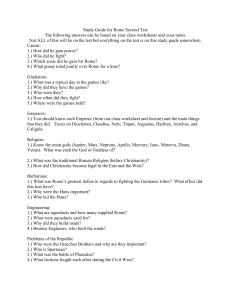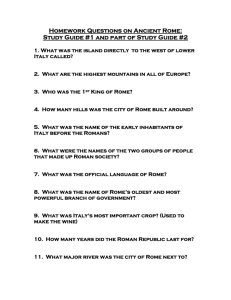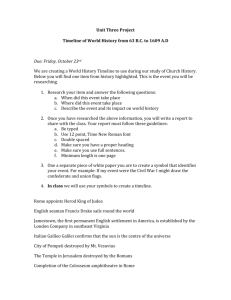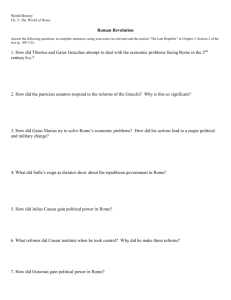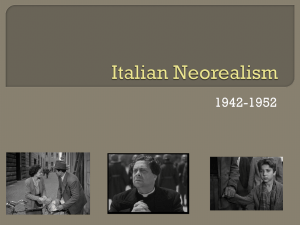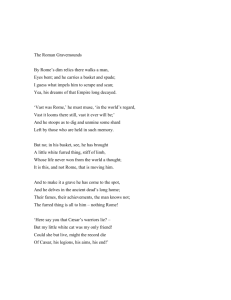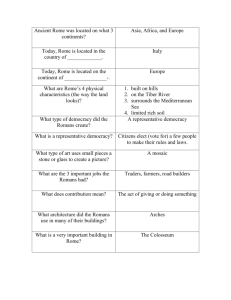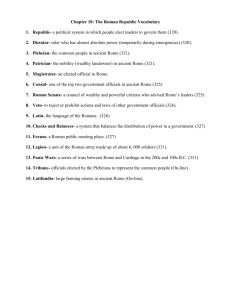Word doc
advertisement
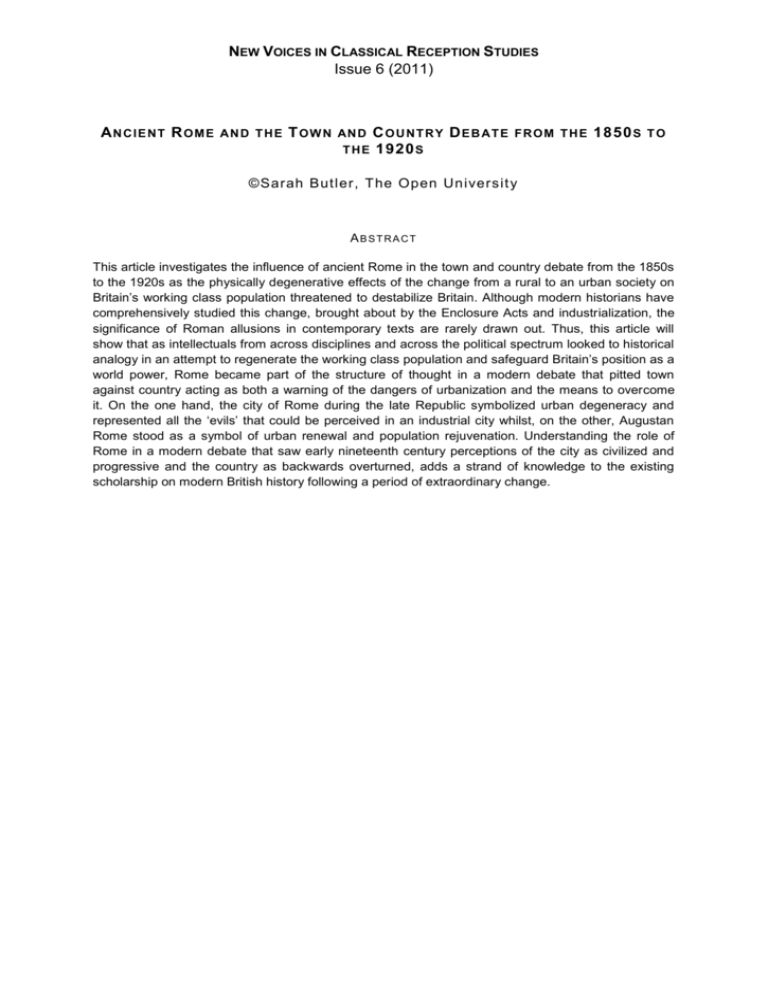
NEW VOICES IN CLASSICAL RECEPTION STUDIES Issue 6 (2011) A N C I E NT R OM E AN D T H E T OW N AN D C O U NT RY T HE 1920 S D E B AT E FR OM T HE 1850 S TO ©Sarah Butler, The Open Universit y ABSTRACT This article investigates the influence of ancient Rome in the town and country debate from the 1850s to the 1920s as the physically degenerative effects of the change from a rural to an urban society on Britain’s working class population threatened to destabilize Britain. Although modern historians have comprehensively studied this change, brought about by the Enclosure Acts and industrialization, the significance of Roman allusions in contemporary texts are rarely drawn out. Thus, this article will show that as intellectuals from across disciplines and across the political spectrum looked to historical analogy in an attempt to regenerate the working class population and safeguard Britain’s position as a world power, Rome became part of the structure of thought in a modern debate that pitted town against country acting as both a warning of the dangers of urbanization and the means to overcome it. On the one hand, the city of Rome during the late Republic symbolized urban degeneracy and represented all the ‘evils’ that could be perceived in an industrial city whilst, on the other, Augustan Rome stood as a symbol of urban renewal and population rejuvenation. Understanding the role of Rome in a modern debate that saw early nineteenth century perceptions of the city as civilized and progressive and the country as backwards overturned, adds a strand of knowledge to the existing scholarship on modern British history following a period of extraordinary change.


